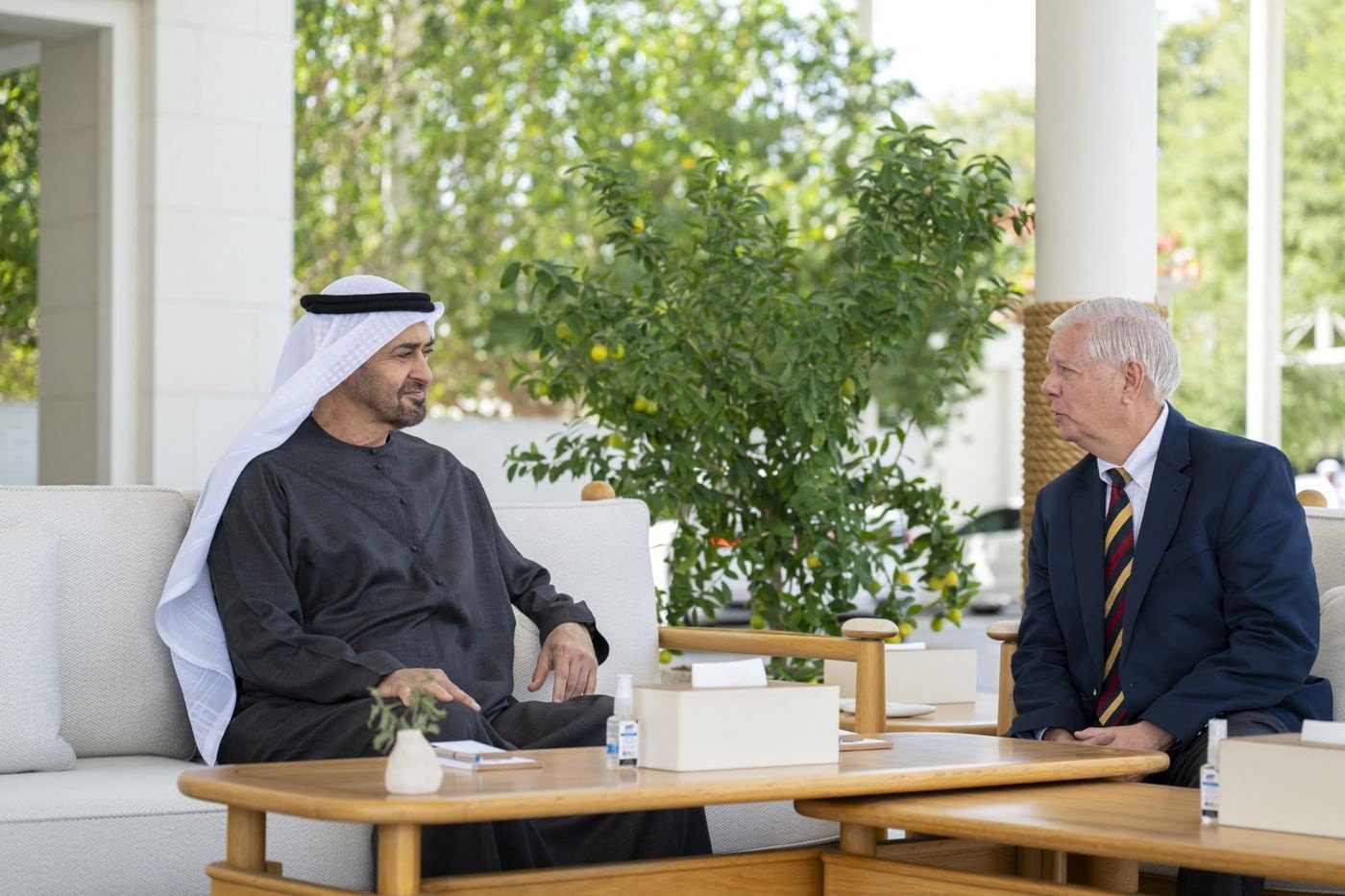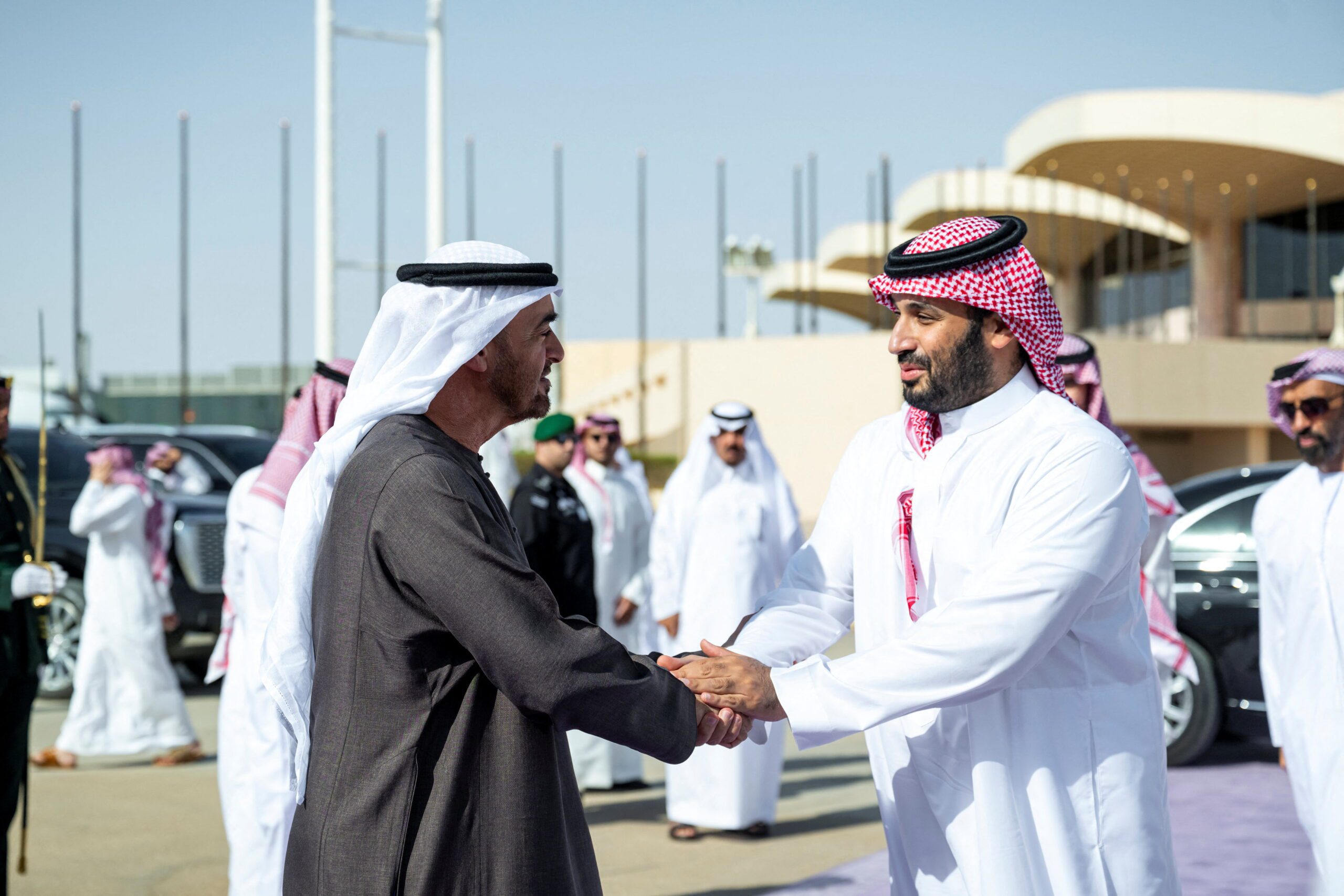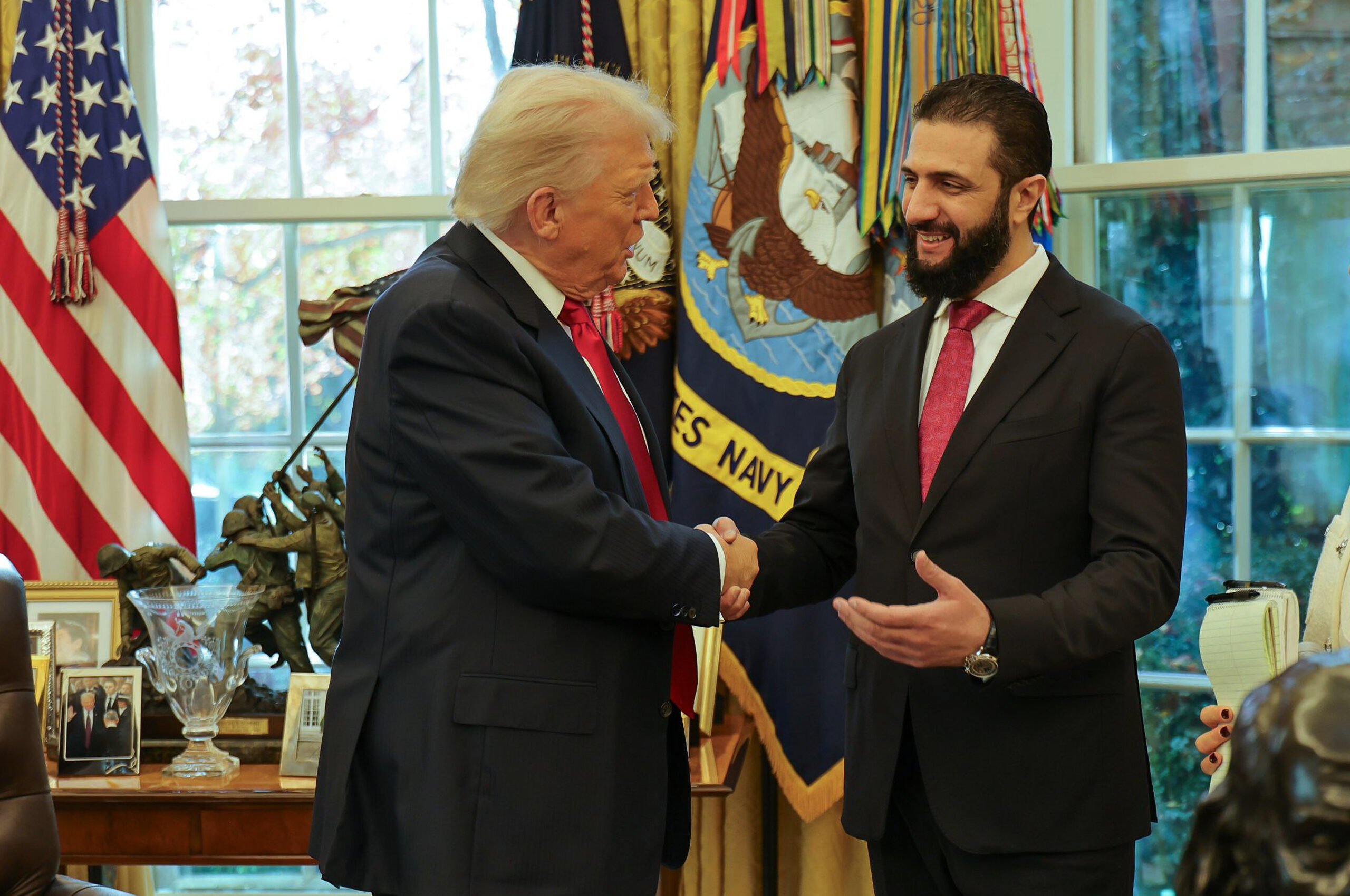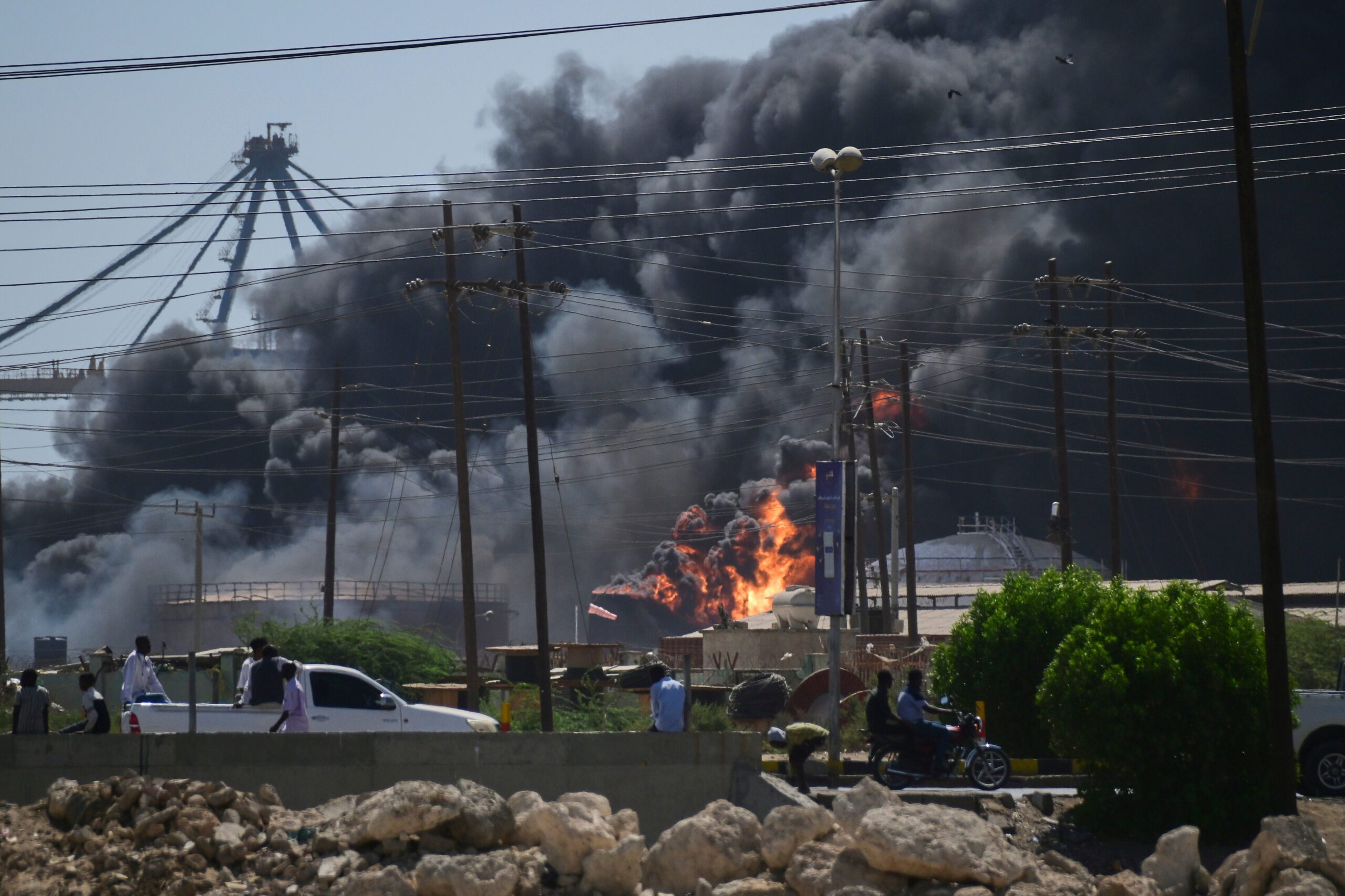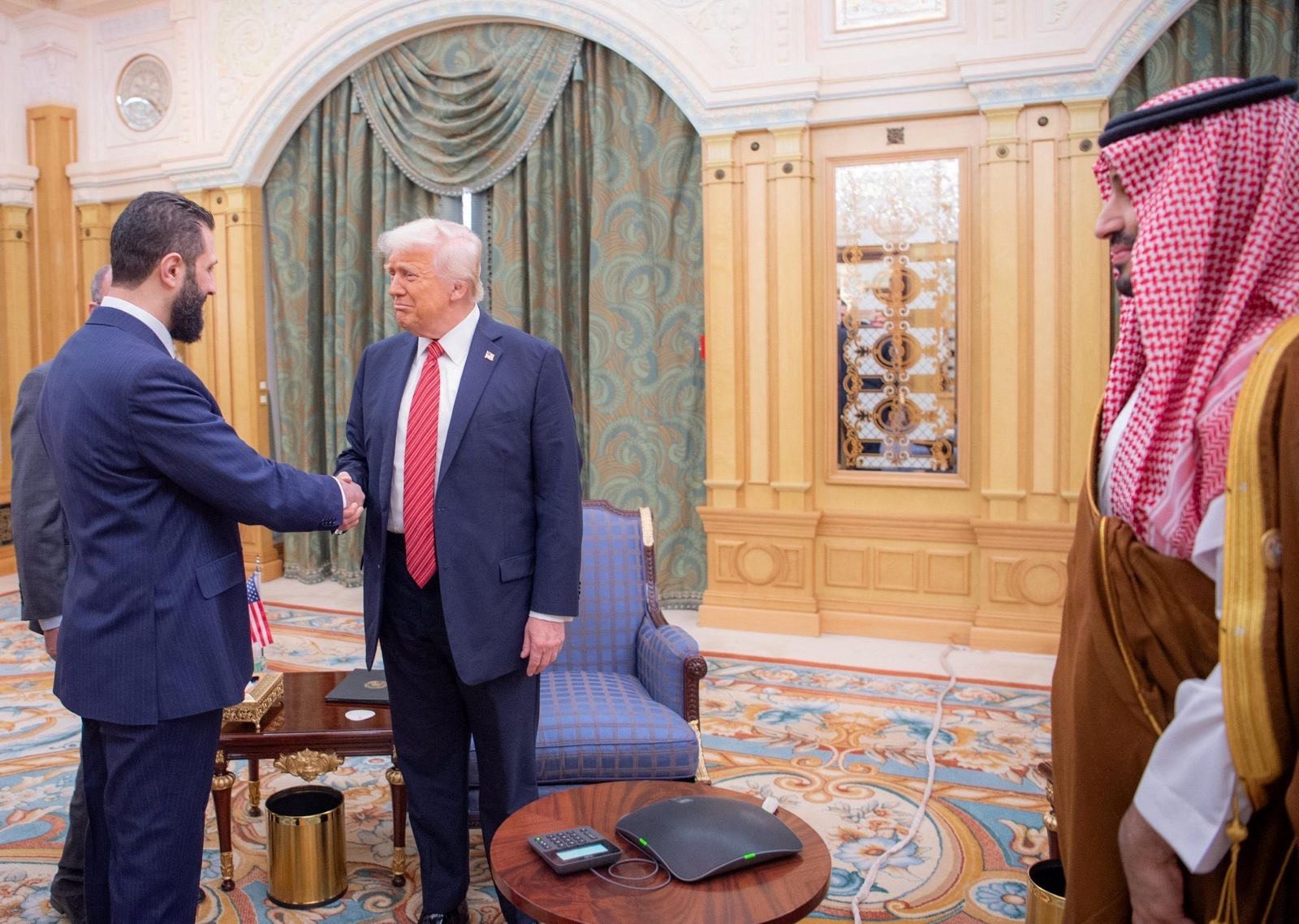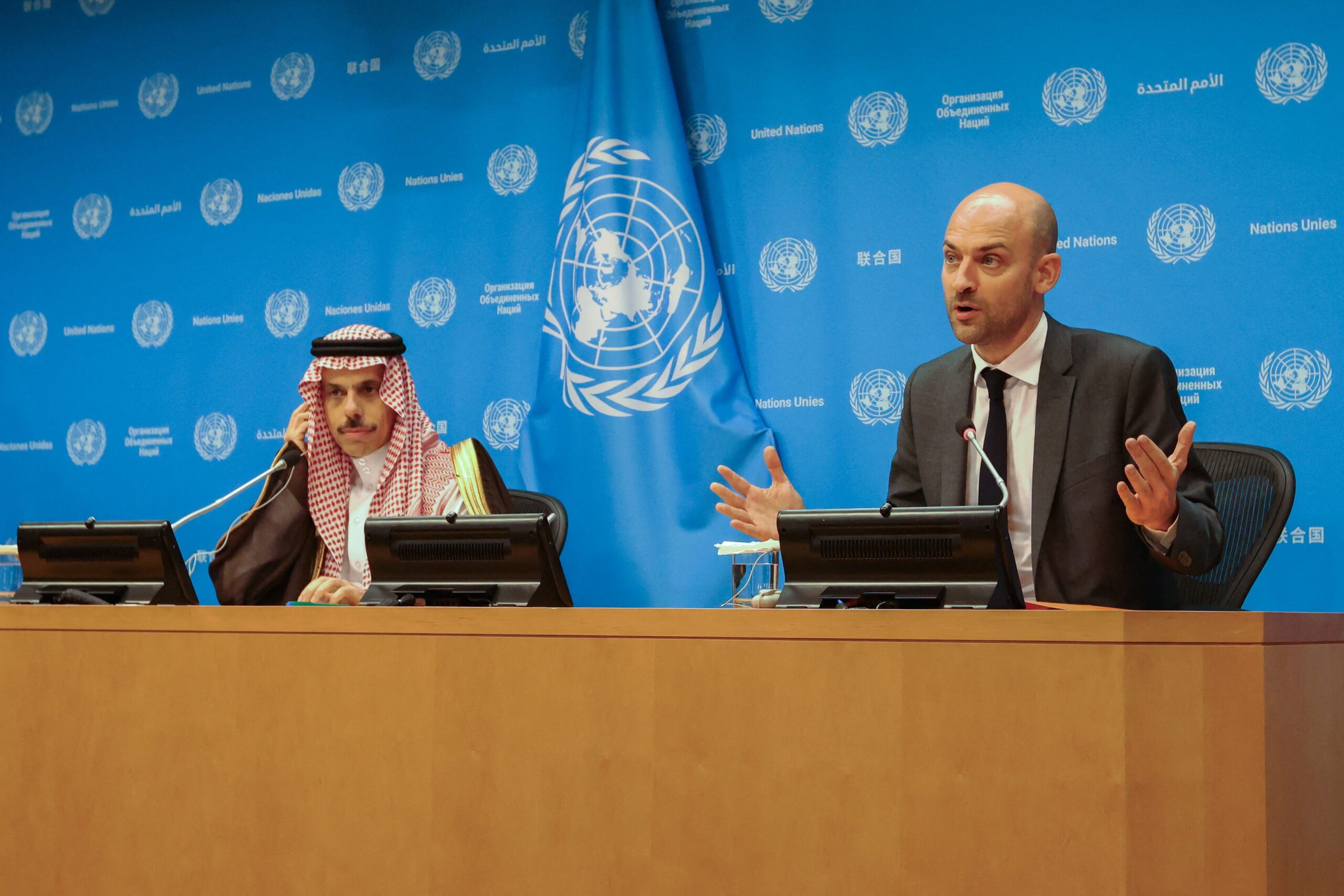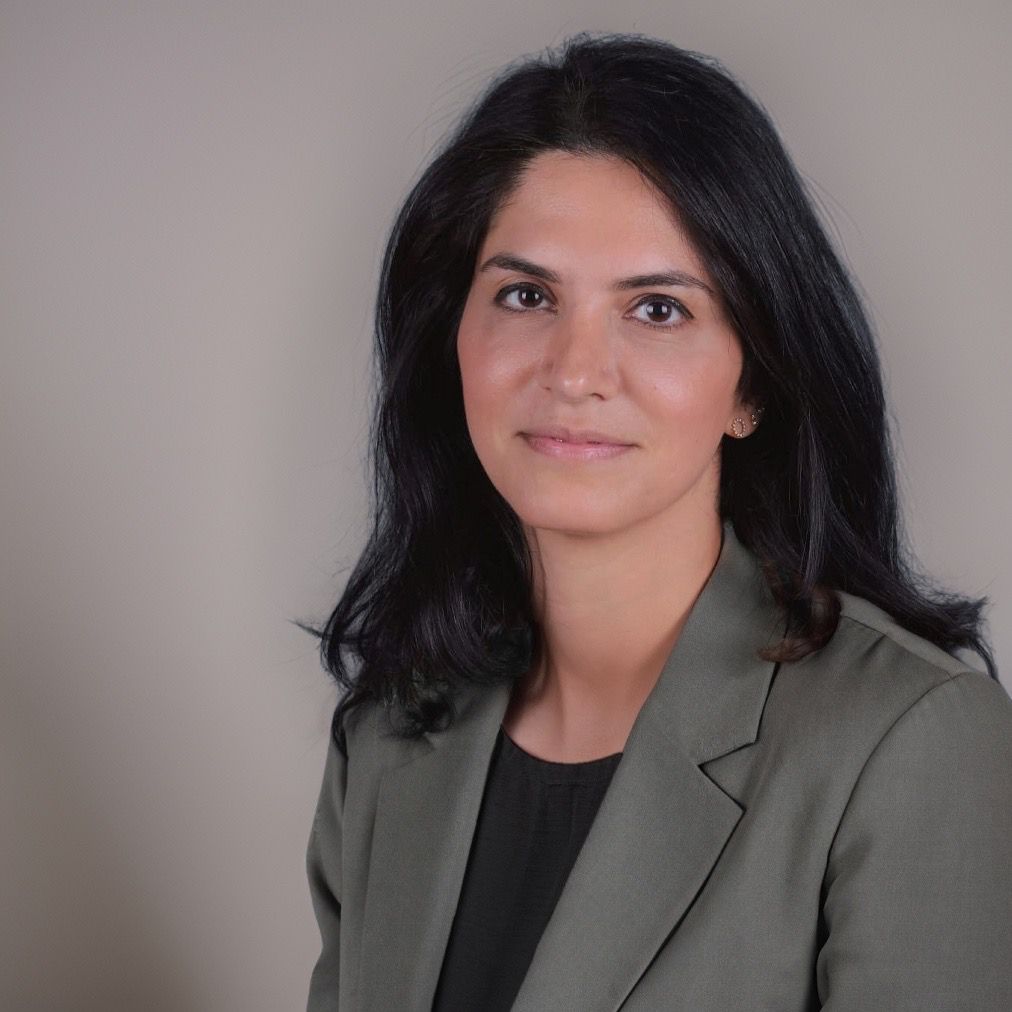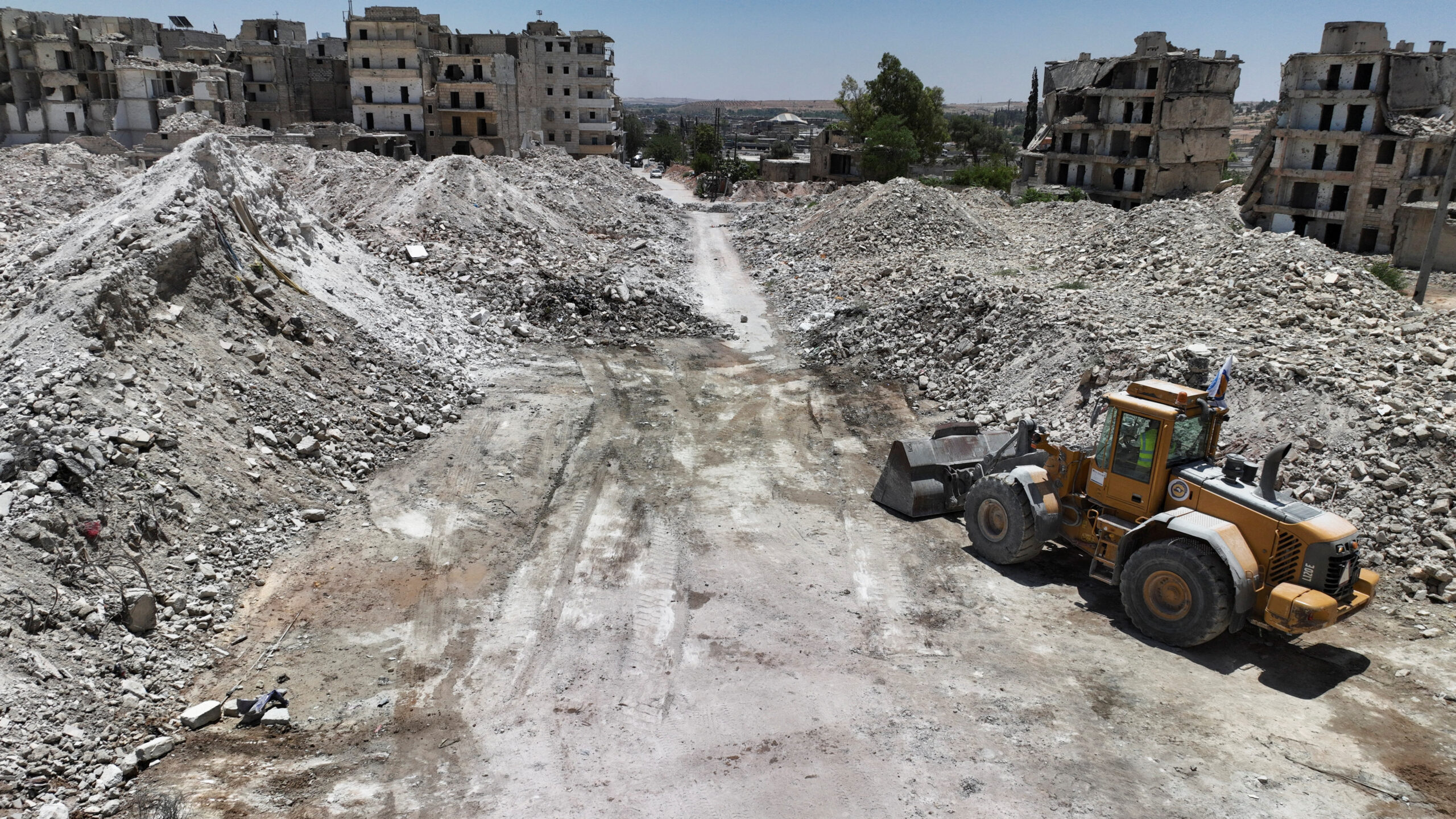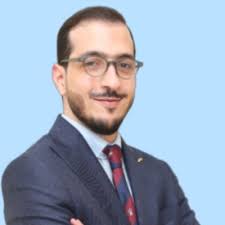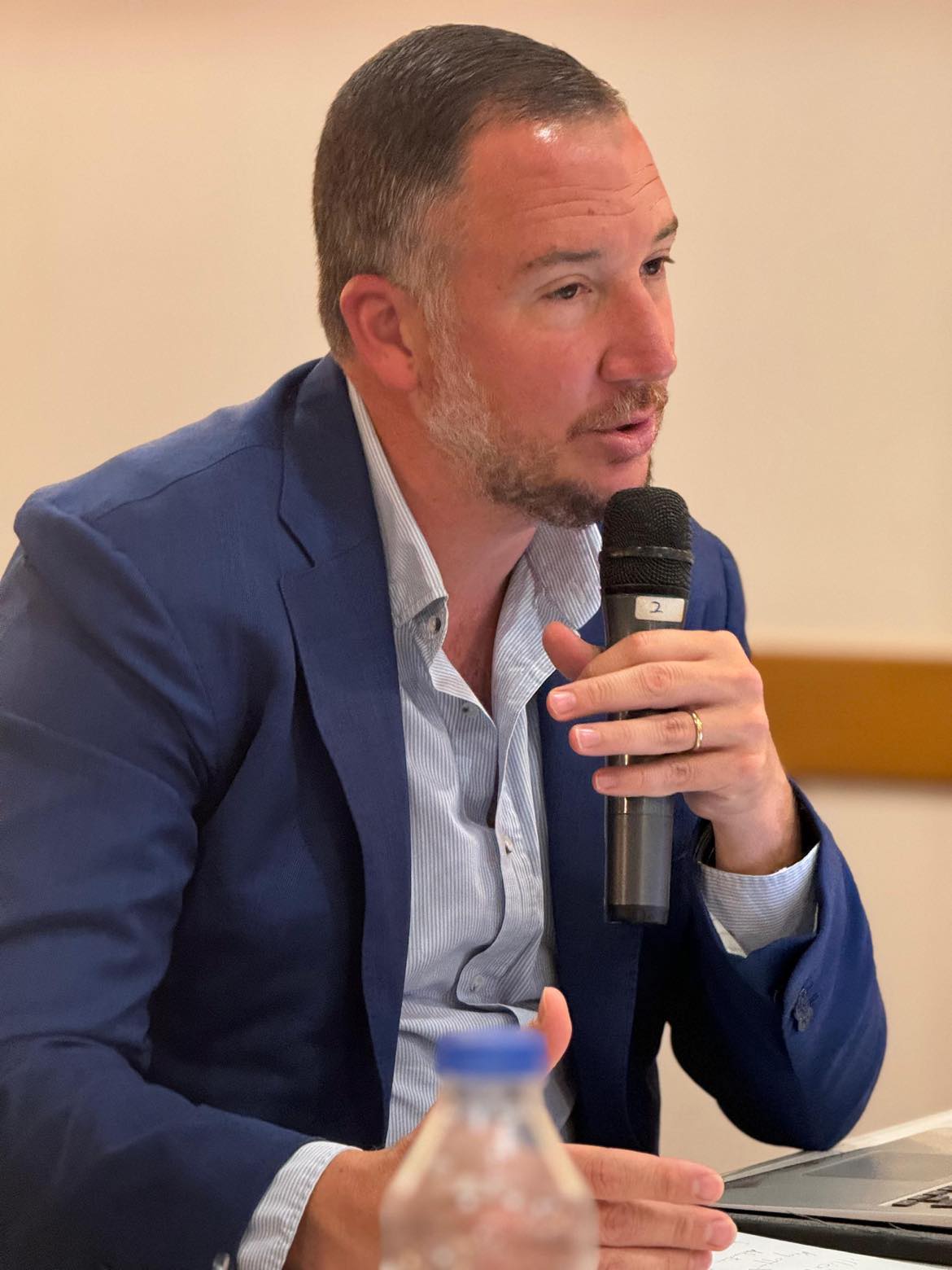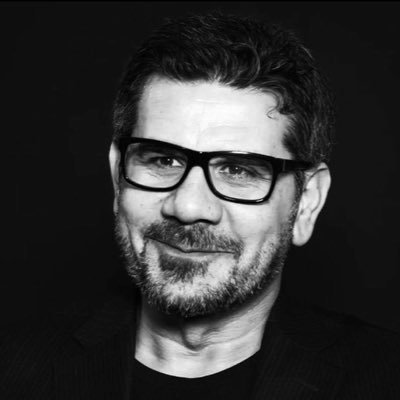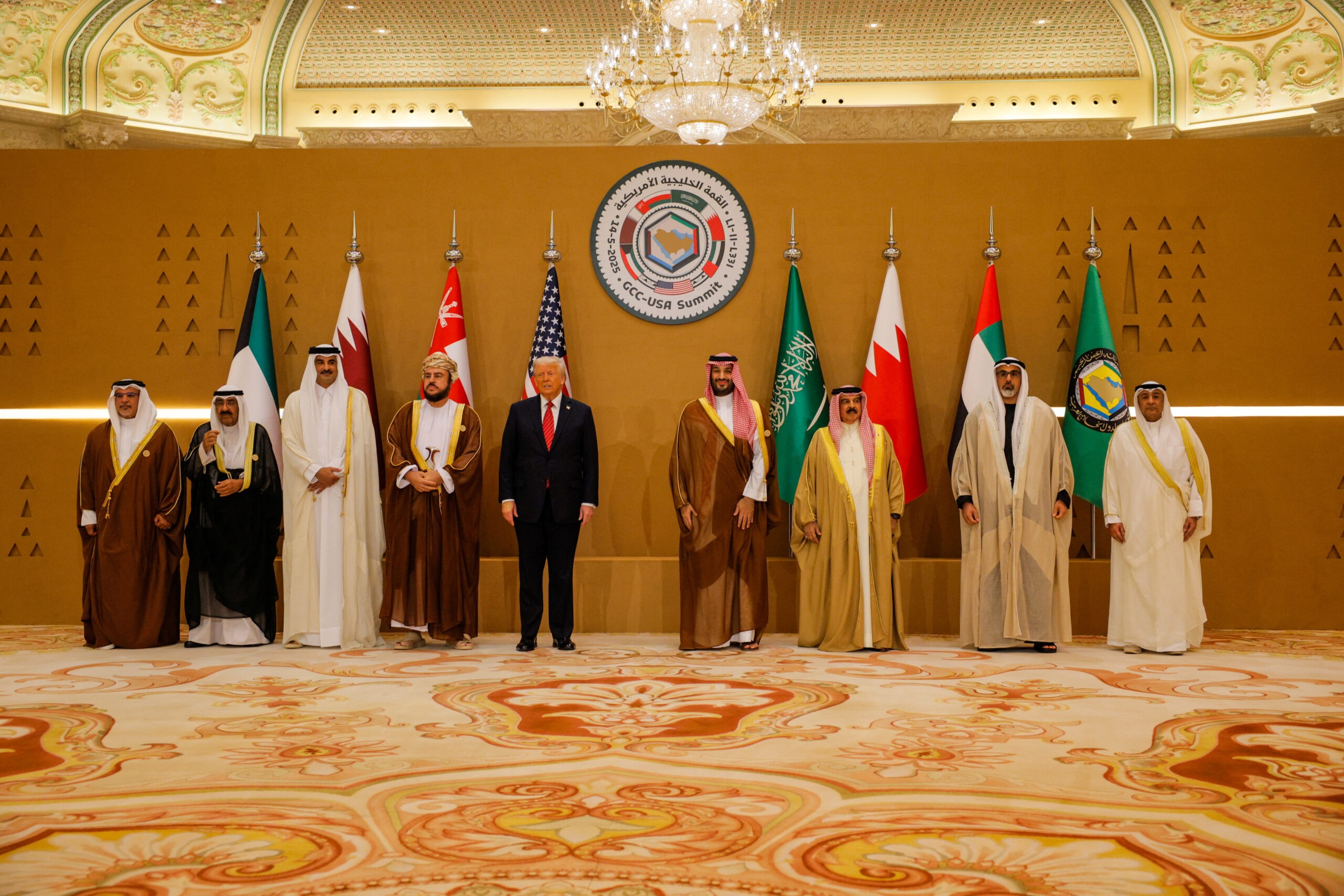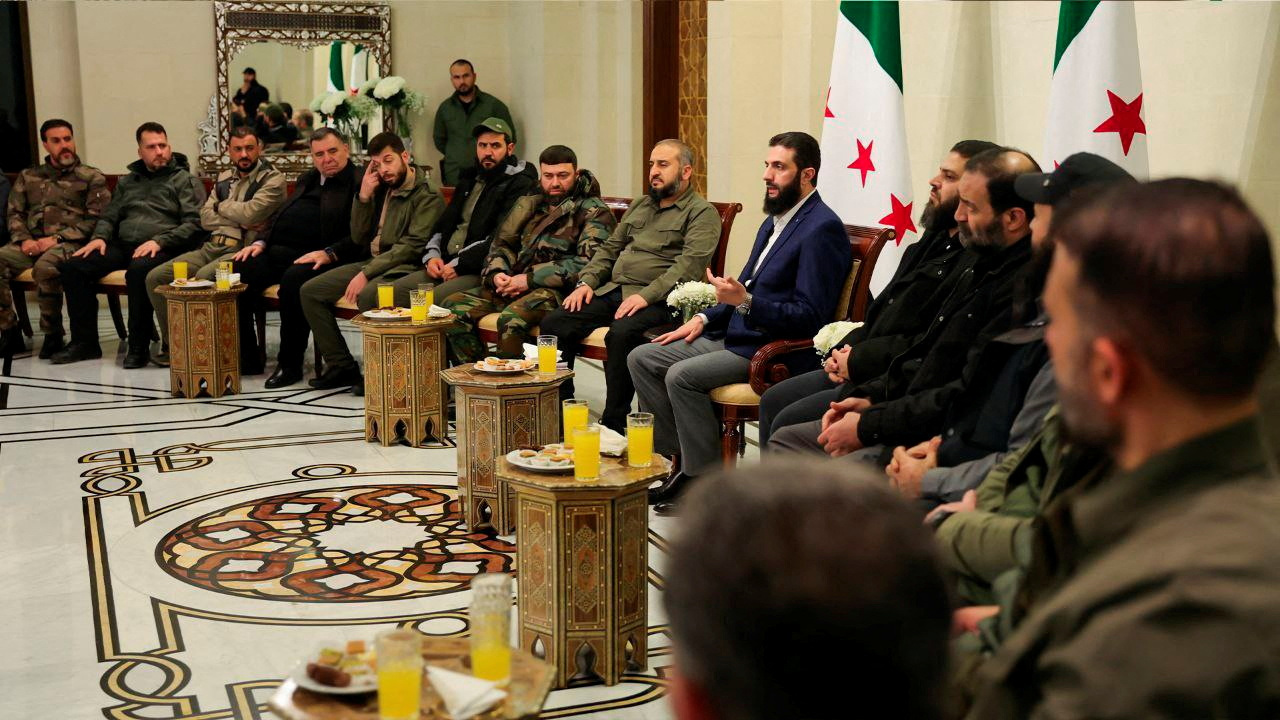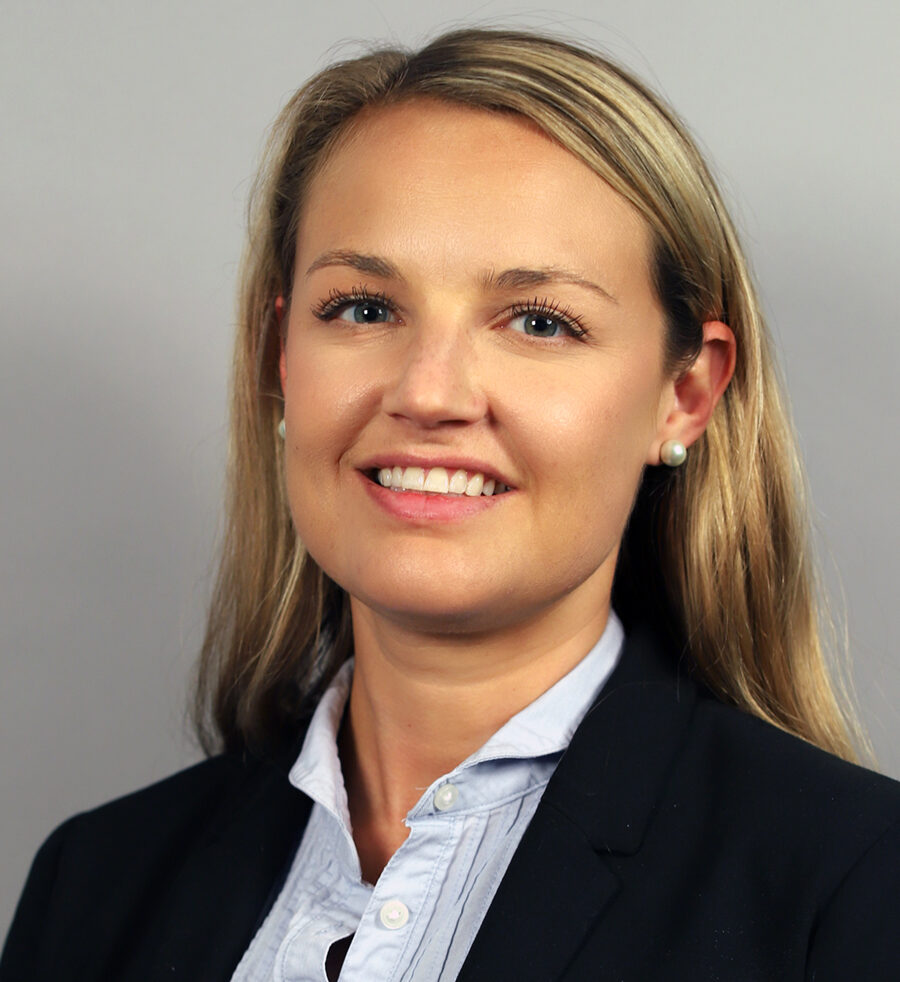Ambassador William Roebuck is the executive vice president of the Arab Gulf States Institute. Before joining AGSI, Roebuck was a member of the United States Foreign Service, retiring from the Department of State in 2020 after a 28-year career. For his 2018-20 service in northeastern Syria as deputy special envoy for the Global Coalition Against ISIS, embedded with U.S. special forces, Roebuck received the State Department’s Distinguished Honor Award and a Presidential Distinguished Service Award.
Roebuck served as ambassador to Bahrain from January 2015 to November 2017. He was appointed deputy assistant secretary for Maghreb Affairs in January 2013 and assumed additional responsibility for Egypt Affairs in January 2014. He served as chargé d’affaires to Libya from January to June 2013, earning the Department’s Ryan C. Crocker Award for Outstanding Leadership in Expeditionary Diplomacy. Roebuck also completed diplomatic assignments in Baghdad, Damascus, Jerusalem, and Tel Aviv, where in the early 2000s he was assigned as the embassy’s political officer for Gaza.
Prior to joining the State Department, Roebuck worked as an English teacher and school administrator in Taif, Saudi Arabia from 1982-87. He served as a Peace Corps volunteer teaching English in Cote d’Ivoire from 1978-81.
Roebuck was born in Rocky Mount, North Carolina and received his bachelor’s and master’s degrees in English literature from Wake Forest University and his law degree from the University of Georgia.

